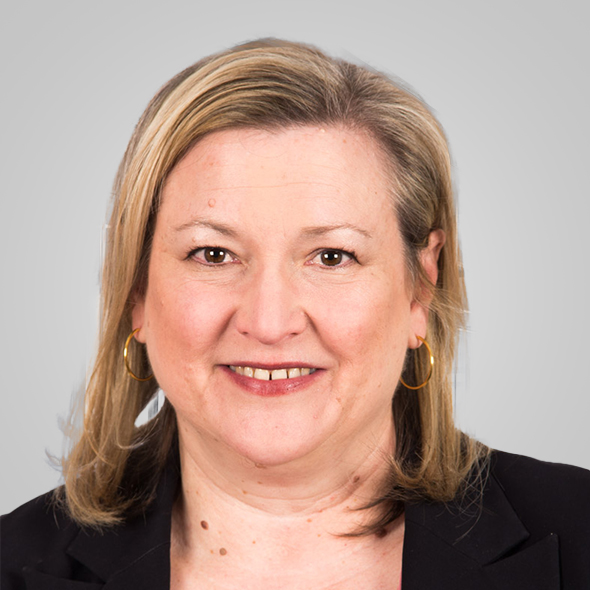The findings of the Royal Commission into Institutional Responses to Child Sexual Abuse and other recent investigations point to a need for school boards to be aware of how cultural considerations can sometimes override child safety.
Directors on a school board should make decisions based on the best interests of the children being educated there, says National Children’s Commissioner Anne Hollonds. However, all too often, institutions failed to safeguard children when the urge to protect a school’s reputation, or an individual who has behaved badly, overrides this consideration. “If child safety and wellbeing is not the top priority, then what is that board doing?” asks Hollonds. “That is their number-one responsibility.”
School board directors have a responsibility to hear from children — not just parents. “There need to be mechanisms in place for hearing from children frequently, not once a year,” says Hollonds. “Schools should be the community leaders in terms of protection for children. We, the adults, are the duty bearers. It is our duty to make it safe for children to speak up about what matters most to them. They need to be listened to in an authentic fashion — and to be absolutely safe.”
School board directors also needed to know the right questions to ask of management. “They need to drill down a little bit and not just accept that it’s being handled in the best way possible,” she says.
Boards should also pay keen attention to the recruitment of staff in schools. Hollonds suggests that the failings of some schools reflect failings in broader Australian culture, pointing to the fact that Australia has been a signatory to the comprehensive United Nations Convention on the Rights of the Child since 1990. However, school policy typically is focused primarily upon adult concerns, pushing children to the periphery.
The most egregious of the child protection failures were laid bare in The Royal Commission into Institutional Responses to Child Sexual Abuse. The National Principles for Child Safe Organisations were developed through the Royal Commission and provide a framework for child safeguarding in organisations, including at the governance level.
“It was a gruelling period, where we heard the most horrific stories again and again,” says Hollonds. “What came out was that the children were not listened to. Children were not believed and children were silenced. When that happens, we’re not acting in the best interests of children. If nothing else was learned, we should have learned that.”
This article first appeared under the headline 'Best Interests of the Child’ in the September 2024 issue of Company Director magazine.
Latest news
Already a member?
Login to view this content



